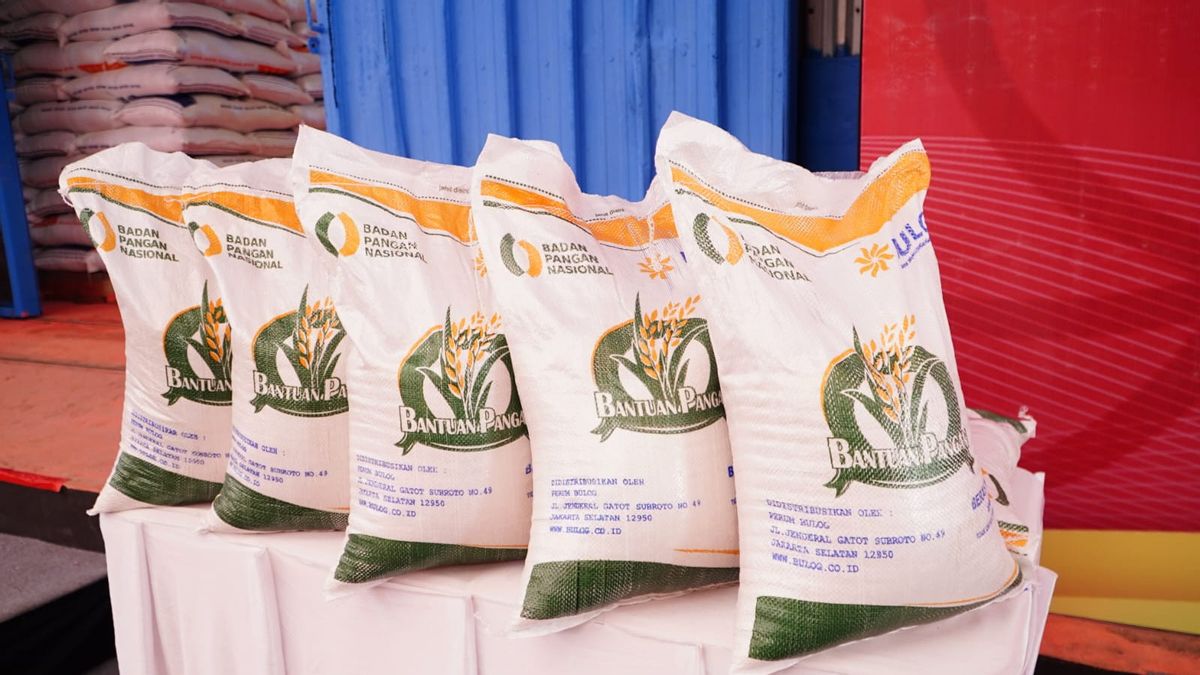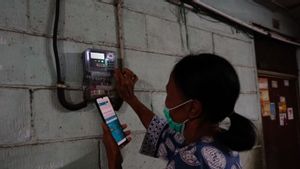Agricultural observer of the Indonesian Political Economy Association (AEPI) Khudori believes that the government will find it difficult to return premium rice retail prices (HET) to their original position at Rp13,900 per kilogram (kg).
As is known, the government through the National Food Agency (Bapanas) decided to extend the relaxation of premium rice HET at Rp14,900 per kg.
"If it is returned to its original richness, it is not possible," he said when contacted by VOI, Tuesday, June 4.
Furthermore, Khudori assessed that the HET of rice does need to be adjusted because the cost of rice production has indeed increased. In fact, almost all rice production costs increase, both land rental, labor costs and other production inputs such as fertilizers, seeds, and water.
"The rising costs reflect the rising or high price of grain. Also the price of rice," he explained.
According to him, if the government does not respond to the rising condition of rice production costs, one of which is by extending the HET relaxation, then the presence of premium rice can be lost in the market. Especially in modern retailers.
"If this is not responded to by the authorities, one of them is that premium rice can disappear from modern retail like a few months ago," he said.
Khudori said that whatever HET the current government has set, it has been approved with many considerations.
Even so, he suspects that the HET of premium rice will soon be permanent at a price of around Rp. 14,900 per kg.
"Even if there will be a permanent het rice decision, the current HET will be determined. It could be my guess that the amount of HET is not right. But the value will not come far from what happened today," he said.
Previously, the President Director of Perum Bulog Bayu Krisnamurthi explained that to restore the Highest Retail Price (HET) of rice, both premium and medium, it would be difficult.
SEE ALSO:
According to Bayu, the decline in rice prices must be accompanied by abundant harvests from within the country, so that it can lead to a balance between demand and supply.
"Indeed, it is usually difficult to return it when it has gone up, unless there is a very extraordinary situation where the harvest is extraordinary, large, so the supply demand can be maintained or balanced," said Bayu Bayu at the Padi Milling Center (SPP) Bulog in Karawang, Monday, May 20.
The English, Chinese, Japanese, Arabic, and French versions are automatically generated by the AI. So there may still be inaccuracies in translating, please always see Indonesian as our main language. (system supported by DigitalSiber.id)
















